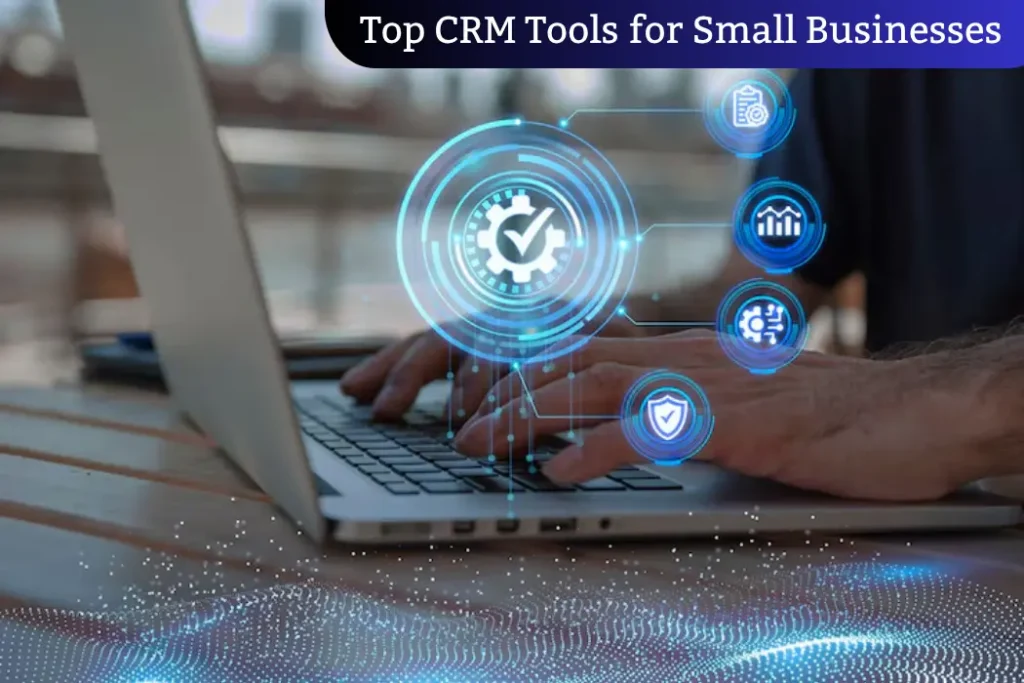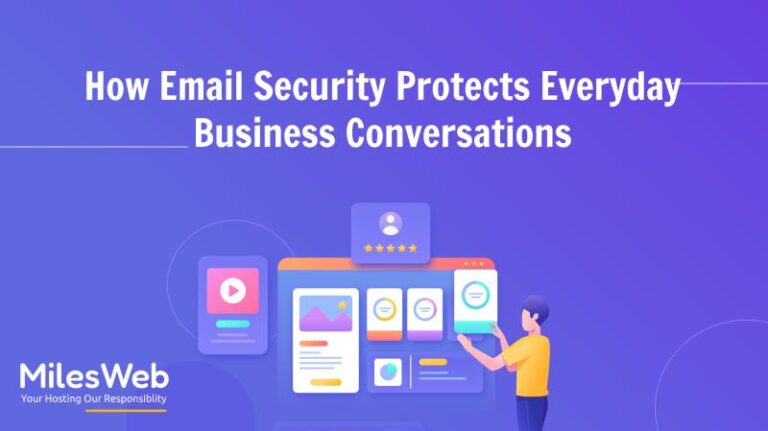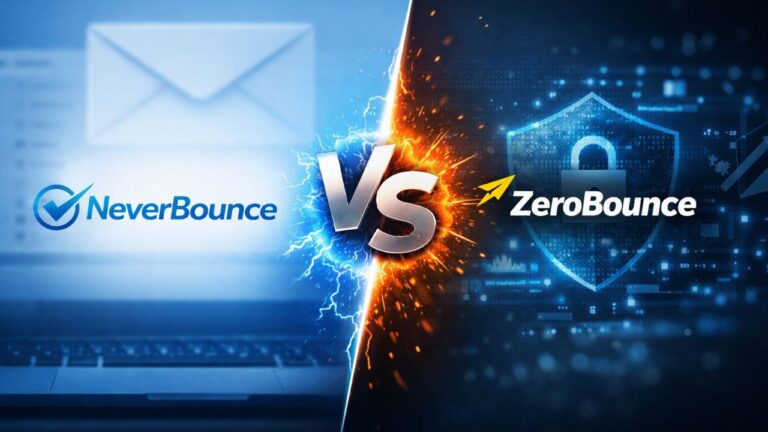Small businesses today are thriving in a fast-paced digital world—but staying connected with customers can be a real challenge. When you’re handling marketing, sales, support, and follow-ups all at once, it’s easy for things to slip through the cracks. That’s exactly why CRM (Customer Relationship Management) tools are essential—even for teams of just a few people. Read full guide on top CRM tools for small businesses.
The good news? You don’t need a massive budget or a tech team to get started with a CRM. There are plenty of affordable (even free!) tools built specifically for small businesses, helping you stay organized, boost productivity, and build lasting relationships with customers.
Why Small Businesses Need a CRM
Let’s face it—spreadsheets only get you so far. As your contact list grows, so does the risk of missing important conversations, leads, or follow-ups. A CRM tool can help you:
-
Track customer interactions across channels
-
Set reminders for calls, emails, or meetings
-
Analyze sales performance and customer behavior
-
Automate repetitive tasks like email responses
And here’s the best part: modern CRMs are user-friendly, cloud-based, and customizable. You don’t need to be a tech wizard to use them effectively.
What to Look For in a CRM for Small Business
Before you dive into a list of tools, here’s what matters most for small business owners choosing a CRM:
-
Simplicity: You want something easy to set up and use.
-
Affordability: Look for free tiers or cost-effective pricing.
-
Essential features: Things like contact management, task tracking, email sync, and sales pipelines.
-
Support and training: Access to help when you need it is a huge plus.
-
Scalability: It should grow with your business without making you switch platforms too soon.
Now, let’s explore some top-rated CRM tools tailored for small businesses.
HubSpot CRM
HubSpot offers one of the most generous free CRM platforms out there. It’s clean, intuitive, and packed with features like contact management, deal tracking, and email templates. It’s ideal if you’re starting from scratch and don’t want to spend right away.
The free plan supports unlimited users, which is rare. And as your business grows, you can unlock marketing and sales automation features through their paid plans.
Zoho CRM
Zoho CRM is a budget-friendly powerhouse. It combines affordability with features like lead scoring, workflow automation, and omnichannel communication. You can connect with customers via email, phone, social media, or live chat—all from one dashboard.
Zoho’s entry-level plan is perfect for smaller teams, and their mobile app ensures you’re always in the loop on the go.
Freshsales (by Freshworks)
If your focus is sales, Freshsales is a great pick. Designed with simplicity in mind, it offers visual deal pipelines, AI-based lead scoring, and built-in calling features.
Freshsales keeps your sales process streamlined and lets you prioritize the hottest leads automatically. Their free “Growth” plan is good enough to get started, with optional upgrades for advanced automation.
Pipedrive
Pipedrive is built for sales-driven teams. The interface is highly visual, making it easy to move deals through stages and spot bottlenecks. It’s especially helpful if you’re managing a lot of leads and want to keep your sales process organized.
Small business owners love it for its ease of use and straightforward pricing.
Insightly
Insightly combines CRM with project management features, which is ideal for small service-based businesses. It helps you manage both customers and projects in one tool, so you don’t need separate software for each.
It also integrates well with G Suite, Outlook, and Mailchimp, giving you a unified workspace.
Read This: What Is CRM Software?
Monday Sales CRM
Built on the popular Monday.com platform, this CRM is great if you already use project management boards. It’s easy to customize with drag-and-drop workflows and visual dashboards.
For small businesses that value flexibility and want to create a CRM that fits their unique workflow, Monday Sales CRM is a great fit.
Agile CRM
Agile CRM offers a solid all-in-one platform—combining marketing, sales, and customer service in one place. It includes web popups, email campaigns, contact management, and even a help desk.
Agile’s free plan includes up to 10 users, making it very appealing for small teams.
Capsule CRM
If you prefer a minimalistic, no-frills experience, Capsule CRM is worth a look. It focuses on the basics: contact management, task tracking, and sales pipelines. It doesn’t overwhelm you with features but covers everything a small team needs to stay organized.
It’s great for startups or consultancies that want simplicity and clarity in their customer tracking.
Keap (formerly Infusionsoft)
Keap is designed for entrepreneurs and small businesses looking to automate marketing and customer engagement. While it’s slightly more expensive than others, it offers strong automation tools and a built-in email marketing system.
It’s best suited for small businesses ready to scale and willing to invest in automating their processes.
Choosing the Right CRM for Your Needs
Not every CRM fits every business. The “best” CRM is the one that aligns with your team’s size, workflow, and goals. If you’re unsure where to start, try asking yourself:
-
Am I managing a lot of leads and deals?
-
Do I want to improve email marketing and follow-ups?
-
Is automation important for my team’s workflow?
-
Do I need project tracking features alongside CRM?
-
Do I need a mobile app for field sales or remote work?
Your answers will point you in the right direction.
FAQs On Top CRM Tools for Small Businesses
Are free CRMs really useful for small businesses?
Yes! Many small businesses find great success using free CRMs like HubSpot or Zoho. These tools often include essential features and allow you to scale later.
Which CRM is best for solo entrepreneurs?
Capsule or Agile CRM are great for solopreneurs. They’re easy to use, cost-effective, and don’t require much setup.
How much should I budget for a CRM?
That depends on your needs, but many small businesses start with free or $10–$30 per user/month plans.
Can CRMs really help with customer retention?
Absolutely. A CRM keeps track of customer preferences and past interactions, which helps you personalize communication and offer better service.
Is it difficult to switch CRMs later on?
Switching is possible, but it can be time-consuming. That’s why it’s smart to pick a CRM that fits both your current needs and future growth.
Do CRMs integrate with email tools like Gmail?
Most modern CRMs offer Gmail, Outlook, or other email integrations to sync conversations, send tracked emails, and log communications.
Read This: Best 5 Account Management Software For US Businesses
Final Thoughts
Finding the right CRM tool doesn’t have to be complicated. Start with your goals, test a few platforms, and choose the one that makes your life easier—not harder. The best CRM for your small business will help you stay focused on what matters most: building strong, lasting relationships with your customers.
Whether you’re just starting out or ready to level up your operations, there’s a CRM out there ready to help you grow smarter.
Take the first step today—try one of the recommended CRM tools and see how it transforms the way you connect with customers.






